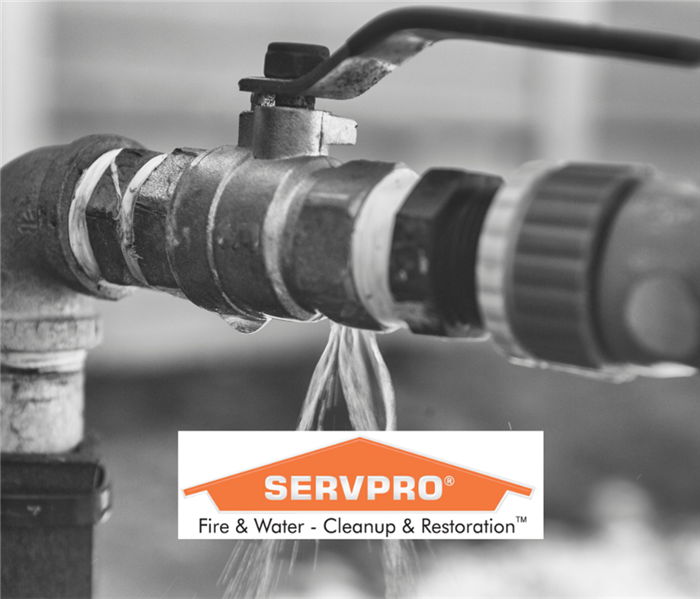Preventing Water Damage
7/27/2022 (Permalink)
During the months of June through August, the summer is known for its dramatic rain storms. This can lead to significant damage to homes structurally or cosmetically. Much of this damage can be prevented by performing different acts of care to your home systems.
Here are some helpful tips on what you can do to avoid water damage to your home.
- Check all water lines including the shut off and connection points to ensure there are no leaks.
- Clean your gutters out regularly as water must be able to flow freely. Make sure gutters and downspouts are moving water away from your home as puddles of water could damage your foundation. A possible solution to redirecting your water is a downspout extension and elbow. Downspouts should be releasing water at least 10 feet away from your home.
- If you have a sump pump, verify the quality of it. Sump pumps help keep groundwater out of your basement or crawl space. You can test it by filling the sump pit with water and see if water is pumping out. If it does not, double check that the sump pump is plugged in and the breaker is working. Outlet pipes could also be frozen or clogged, discharge lines could be dirty, or the motor might not be working properly.
- Make sure your drain lines are not blocked. If they remain clogged, all the sewage and wastewater will continue to sit. Eventually, they will move into a different drain and begin to come into contact with the floor drains, creating a stench.
- Pay attention to your water bill. A large change in it might correspond with a leak. While some home insurance may cover this, it is important to keep an eye out for any strange occurrences.
- When the temperature starts to drop, winterize outside water accesses. The first step in this process is to shut off the water. Next, detach and drain the garden hose. Drain any remaining water. Then, open the bleeder cap on the side of the water supply valve to release trapped water. Lastly, turn off the outdoor spigot to stop cold air from entering the piping system.
Water damage can be such a headache. SERVPRO of Henry and Randolph Counties is here to help you in any situation, and make it, “Like it never even happened.” Give SERVPRO a call should you experience water damage at (765) 575-8654.





 24/7 Emergency Service
24/7 Emergency Service
